If you're anything at all like me, you worry more about your pet's health than your own.
Whether or not that is healthy for you is one thing. But it is certainly a great idea to stay in touch with how your pet is feeling and acting. While I may worry about it a bit too much from time to time, a healthy dose of concern for a pet's health will keep her around for much longer.
It's very important to take your pet for yearly checkups at the vet, though it's just as important to show up prepared.
Keeping track of your pet's behavior and gathering up a running list of questions you have for the veterinarian is crucial. Your pet can't tell you what's wrong, so you have to be very observant and go into vet appointments armed with all the right questions.
These 10 things are all essential questions to ask your vet when you go in for that yearly visit, even if it's the very first one.
Do you have a yearly visit scheduled for your pet? Please SHARE with your family and friends on Facebook!
1. Should I Feed Her Better Food?

We all know that nutrition is important, but how often do we think about what we feed our pets?
It's important to ask your vet if you are giving your animal the right kind of food, as it is not all created equal. The needs will be different for each individual pet.
2. Should I Get Pet Insurance?

Not everyone knows that you can get health insurance for your pet.
Ask your vet about where to get started before a major illness or accident happens so that you're nice and prepared.
3. How Is Her Weight?
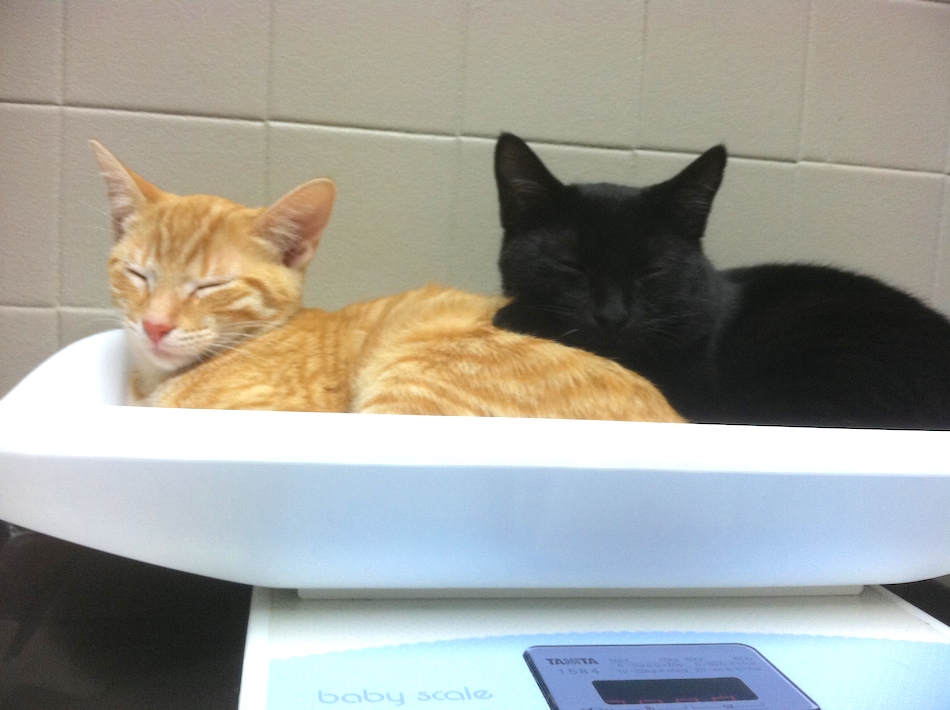
Some pets love to eat, eat, eat whenever they get the chance. Others have to be encouraged to eat. Asking your vet about your fur baby's weight can spark an important conversation about your pet's eating habits and activity levels.
You will also find out if there is anything you need to change about the way to feed your pet.
4. Is This Behavior Normal?

Pets itch, sneeze, and get out of breath just like we do. However, if you notice a pattern of when your pet might be doing one or more of these things, ask your vet if that behavior is normal.
Does your pet wheeze after a few minutes of play? It could be nothing, but it could also be indicative of a bigger issue that your vet may not pick up on because your pet isn't wheezing on the examination table.
5. Does She Need Her Teeth Cleaned?

Animals are really great at hiding pain, especially cats. Just because your animal is behaving normally doesn't mean that everything is A-OK in there. Pets over the age of 5 are at risk for numerous periodontal diseases, and you should absolutely ask your veterinarian about a tooth cleaning.
You should also ask if there is anything you can do at home to improve your pet's dental health.
6. What Kind Of Flea And Tick Medicine Should I Be Using?
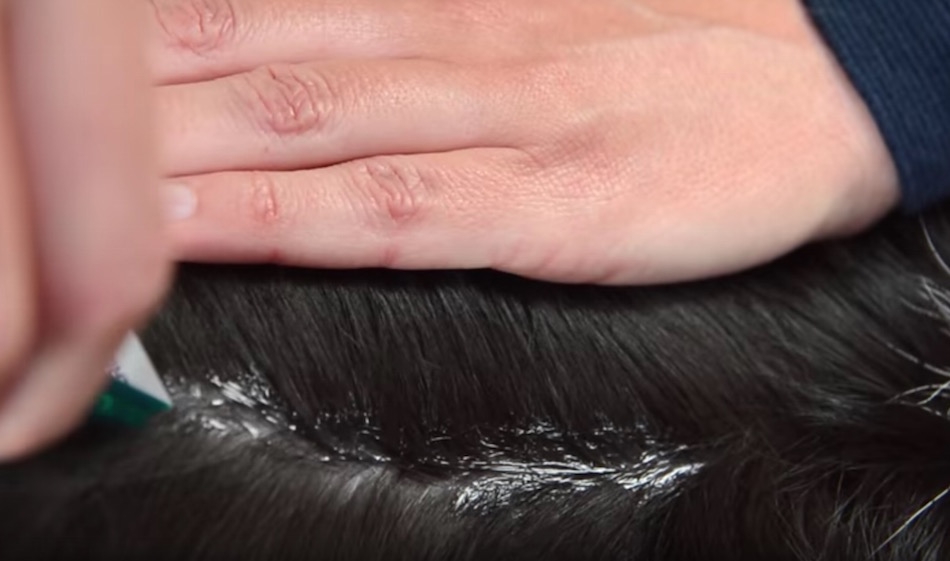
There are tons of different kinds of flea and tick medications out there for your pet, and you should certainly ask your veterinarian what is right her given her circumstances.
Fleas and ticks can be incredibly harmful to your pet, so you definitely want to keep those parasites in check.
7. I Felt A Bump The Other Day. Is That Normal?
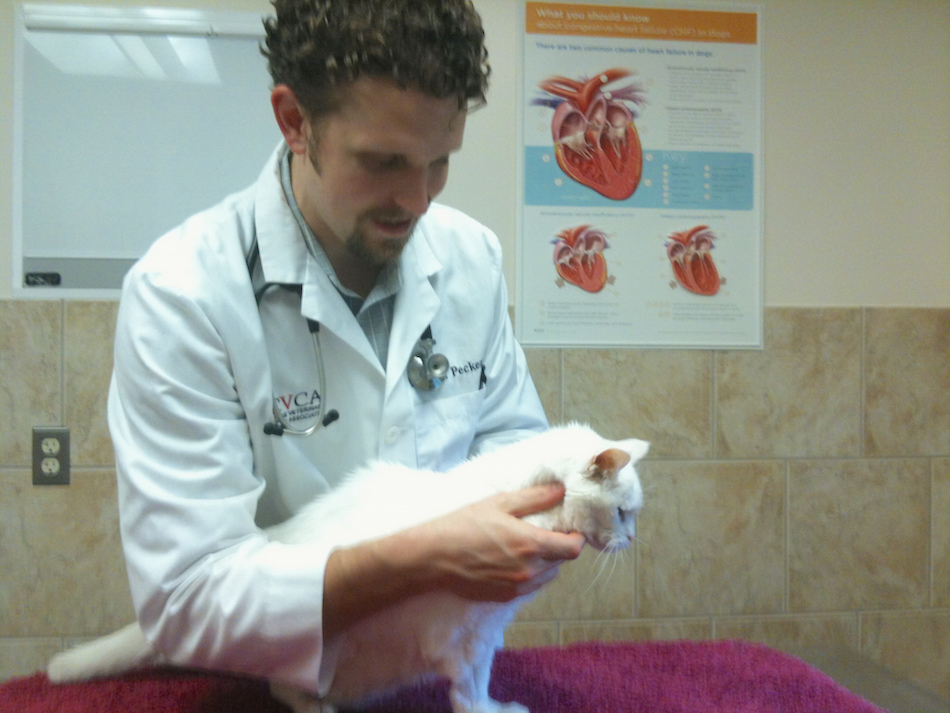
Pets do tend to get fatty lumps on their skin as they age, but bringing it up with your vet can save your pet's life — those bumps aren't always harmless.
Pointing out bumps on your pet's skin will help your vet decide if it needs to be biopsied for cancer.
8. Should I Get A Second Opinion?
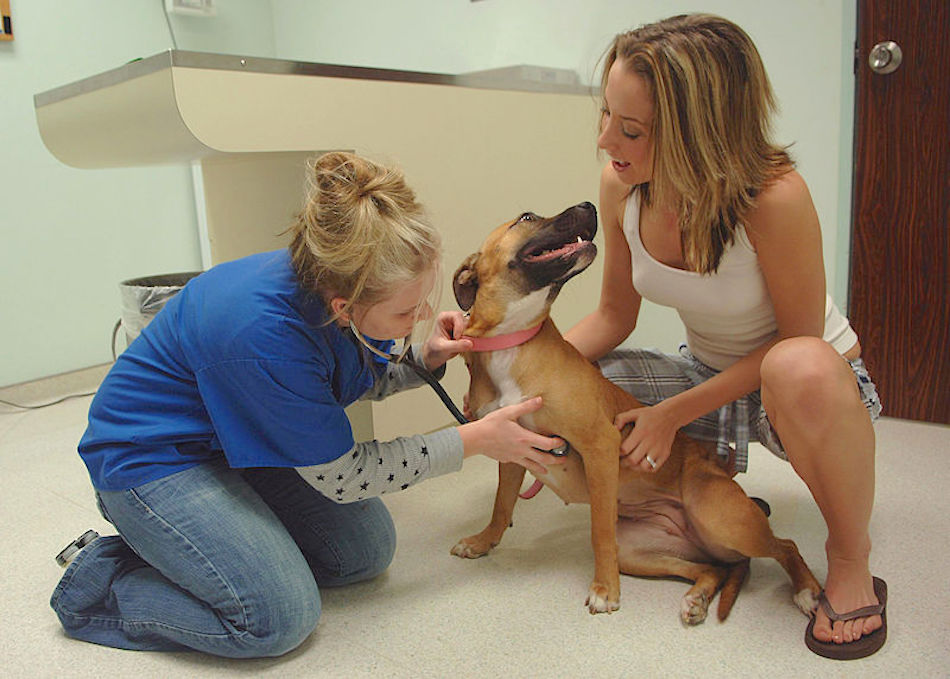
Just like people doctors, veterinarians are always working to the best of their personal knowledge and experience. It is entirely possible that your pet is undergoing something that your vet, whom you may trust very much, has never seen or heard of before.
If their diagnosis doesn't sit right with you, or you suppose that they are not sure, don't be afraid to ask if a second opinion would be a smart idea.
9. Would You Recommend Any Other Tests?

Blood tests, rectal exams, X-rays — it never hurts to bring up the idea of further testing for your pet, especially if she's up there in age or if you have noticed strange behaviors. Remember that pets can't relay discomfort or symptoms to you, so you have to be proactive about their health.
A reminder about vaccines and preventative shots is also helpful, just in case your veterinarian neglected to check if your pet is up to date.
10. What Should I Do Between Now And Our Next Visit?
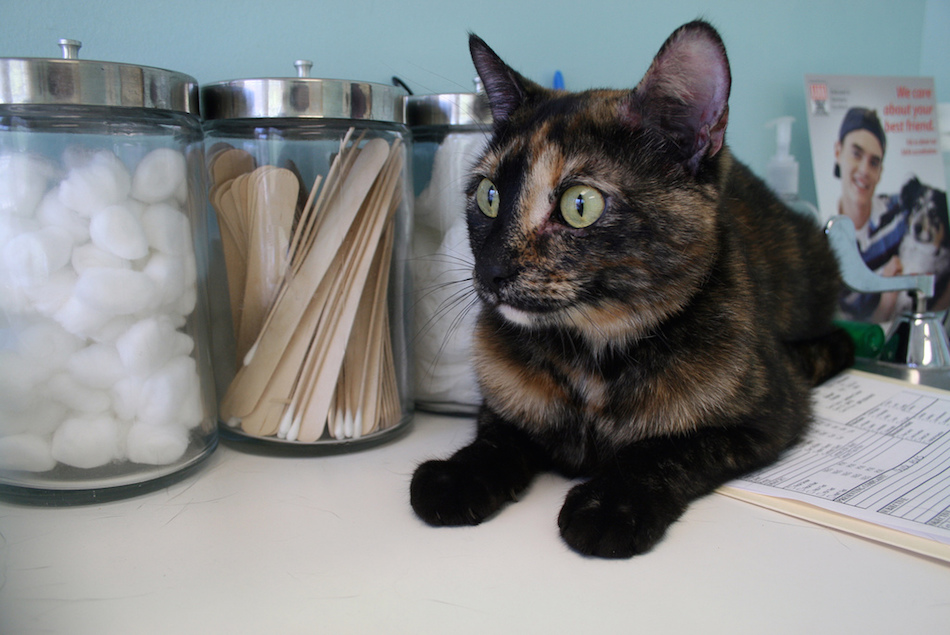
Before I leave the vet's office, I always make sure to ask if there are any warning signs of illnesses that I should look out for. Your vet might have some bright ideas about how to stay super vigilant of your best furry friend's health, such as the way they sound, how much they're sleeping, how much they're itching, where they're itching, or the contents of the litter box or plastic baggies.
You should also make sure to know exactly how and when to administer any medication you're given.
How important is your pet's health to you? Please SHARE with your family and friends on Facebook!




